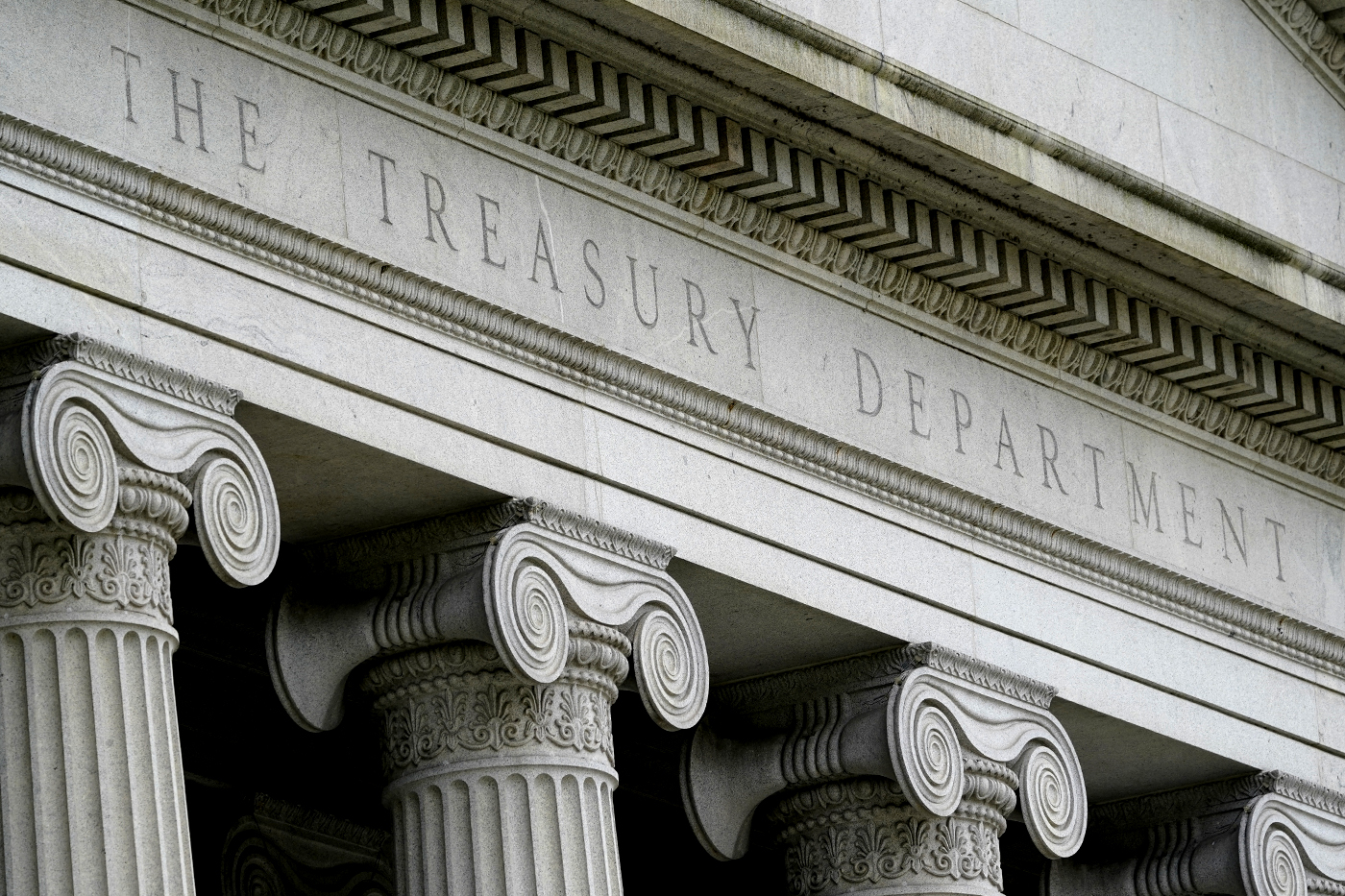Already a subscriber? Make sure to log into your account before viewing this content. You can access your account by hitting the “login” button on the top right corner. Still unable to see the content after signing in? Make sure your card on file is up-to-date.
The United States has announced new sanctions targeting Yemen’s Houthi rebels.
Getting into it: In an announcement, the Treasury Department rolled out sanctions targeting 32 individuals, entities, and four vessels involved in the Houthis’ global web of illicit fundraising, smuggling, and military procurement. The targets span across Yemen, China, the United Arab Emirates, and the Marshall Islands. Among those sanctioned are Houthi-linked petroleum smugglers, front companies, shipping firms, and military suppliers that have played key roles in financing and equipping the group’s operations.

According to the Treasury, the Houthis have built a sophisticated network of smuggling operations and shell companies designed to covertly acquire and ship military-grade components, including ballistic missile parts, UAV technology, and explosive precursors. Several China-based firms, such as Hubei Chica Industrial Co., Ltd., Shenzhen Shengnan Trading Co., Ltd., and Shanxi Shutong Import and Export Trade Co. Ltd., were sanctioned for providing chemical precursors and dual-use electronic components to the Houthis. These companies allegedly falsified shipping documents and used deceptive labeling to evade Chinese export controls and international detection. The Houthis then integrated these materials into their weapons systems, many of which have been used in attacks on commercial shipping in the Red Sea and against US and allied targets in the region.
The Treasury also revealed extensive schemes by Houthi-controlled companies and operatives to launder money through seized assets and generate income from petroleum smuggling. Entities like Shibam Holding, Kamaran Industry and Investment Company, and individuals such as Salih Dubaysh and Abdullah Mesfer Al-Shaer were sanctioned for overseeing the confiscation of state and private properties in Yemen and funneling the profits into Houthi military budgets. In one example, Shibam Holding (estimated to control over $500 million in assets) was transformed into a front for money laundering and illicit investment in real estate and communications sectors. This structure allowed the Houthis to finance weapons procurement while maintaining a front of legitimate commerce.
On the maritime front, the sanctions targeted companies like Tyba Ship Management DMCC, which operated oil tankers that discharged petroleum at Houthi-controlled ports such as Ras Isa. The vessels (STAR MM, NOBEL M, BLACK ROCK, and SHRIA) were directly linked to smuggling operations that generated revenue for the Houthis. Tyba and its affiliated entities coordinated vessel operations with other sanctioned firms like Arkan Mars Petroleum DMCC, allowing the Houthis to move oil and evade sanctions despite international efforts to block their economic channels. In some cases, these vessels were also used to transport stolen goods, including Ukrainian wheat, to further fund rebel activity.
In a statement, Under Secretary of the Treasury for Terrorism and Financial Intelligence John K. Hurley said, “The Houthis continue to threaten US personnel and assets in the Red Sea, attack our allies in the region, and undermine international maritime security in coordination with the Iranian regime. We will continue applying maximum pressure against those who threaten the security of the United States and the region.”







